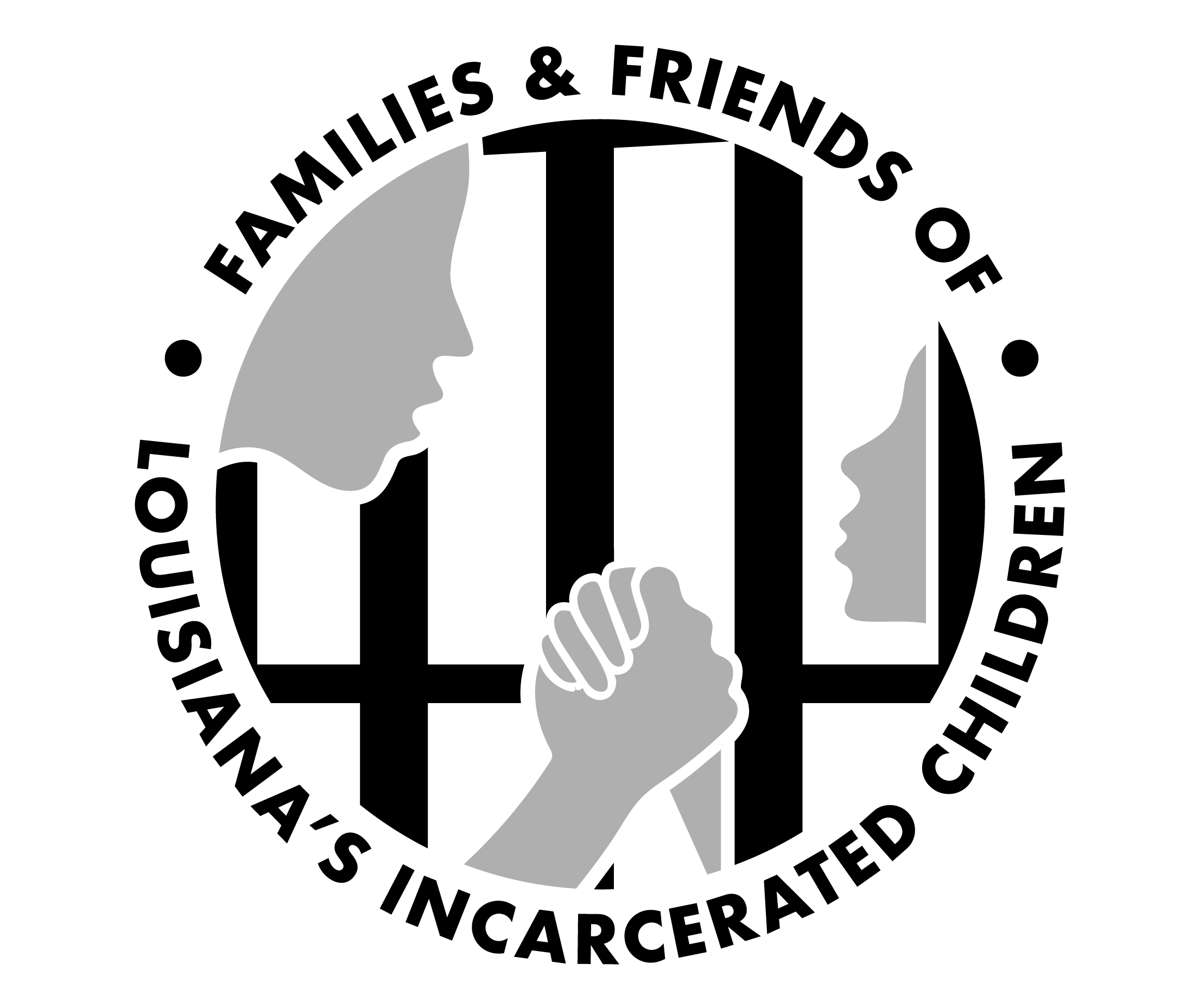In the past two weeks, we have closely followed the virtual meetings held regarding crime in the City of New Orleans. We have also reviewed the 8-point plan put forth as a result of those meetings.
We are disappointed in these short-term solutions. We need to be responsive instead of reactive to our community’s needs and safety. The dialogue and proposals put forth continue to center and focus on policing and punishment. They do not prevent crime, and instead, pour more and more money into a criminal legal system that is harmful, racist, and ineffective. But what we need are proactive investments in the solutions we know work to address the root causes of crime and support families and youth long-term.
The solution to crime is not more police or more prisons or stronger sentencing; the solution is stronger and more equitable communities. We need a living wage for workers, affordable housing, schools that are trauma-informed and implementing restorative practices. We need culturally competent curriculum, access to physical and mental healthcare, recreation and activities for youth, and other community investments. We need to stop wasting money on band-aid and gangbuster approaches that do not address the underlying causes of violent crimes, which we see are still decreasing over the past several years.
In regards to youth in particular, it has been shocking to hear proposals to create a process that will increase harm to the family structure by jailing parents and legal guardians– often elderly grandparents– along with burdening them with fines and payments of retribution that would perpetuate poverty. It has also been disheartening to see that the initial dialogue did not include community support groups on the front end that have creative solutions not involving incarceration to prevent youth-related crimes. A study that Rachel Gassert of the Louisiana’s Center for Children’s Rights highlighted in a meeting at your table discussed how giving a mother $333 extra per month changed her child’s trajectory. We must invest money into our communities and into organizations that can provide better solutions for our families and children. We are happy to provide you with a list of organizations in our community that are building up our youth and are worth the investment. We know that these programs are less costly and more impactful than punishment, and they help youth on the path to success.
To be clear, shifting funding into community programs is imperative. These programs are underfunded, overwhelmed with participants, and yet scrutinized for not being sustainable.
While we appreciate the City’s intentions as stated in its 8-point plan to “invest in our youth,” we are frustrated that these plans are sorely lacking and long-overdue. Moreover, much of the plan still focuses on wasteful investments in the youth justice system itself instead of investing in alternatives. We know that prisons do not actually make communities safer. Studies are clear that youth prisons–instead of counseling and community-based services– actually increase the likelihood that a young person will end up in the adult criminal justice system. Prison makes it harder for young people to finish school, get jobs in the future, and build positive relationships that will help them become productive adults.
We urge our city leaders to collaborate on a state and federal level to utilize the blueprints for youth justice that already exist and which they have for decades failed to follow: Act 555 of 2004 and Act 1225 of 2003.
Act 555 of 2004 created local Children, Youth and Planning Boards and requires all child-serving agencies to sit at a table to coordinate services, assess current services and recommend needed services for our youth in order to support youth, prevent criminal involvement, and implement alternatives to incarceration.
It has been a huge disservice to our community that our leaders have not yet fully honored or committed to these laws. We are asking that you contact us to learn more about these powerful laws and begin following their guidance immediately. Because we clearly need to do something differently in New Orleans. We need to stop wasteful investments in an ineffective and harmful system of incarceration and instead start investing in the well-being of our families and youth in order to truly create safety in our communities.



